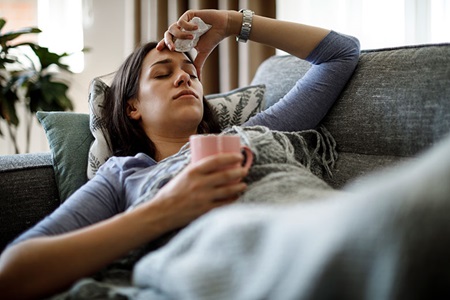Diabetes, High Blood Pressure and Kidney Disease
Affects of High Blood Pressure
High blood pressure (hypertension) is one of the principal causes of kidney disease and kidney failure. When blood pressure is high, there is a large amount of tension inside the blood vessels that leads to damage. These vessels may constrict (“close off”), which can cause a heart attack, stroke, or kidney failure.
High glucose and high cholesterol can also damage blood vessels. Thus people with diabetes who also have hypertension are at especially high risk for blood vessel damage. It usually takes years for blood vessels to completely constrict, and damage to blood vessels can be slowed down or somewhat reversed with treatment.
Diagnosis
Diagnosis of high blood pressure can only be done by having your blood pressure measured by a person trained in taking blood pressures. Usually, there are no obvious symptoms that indicate you have high blood pressure. If you have diabetes, the blood pressure is considered high if it is greater than 130/80.
Your blood pressure should be measured on multiple occasions, as blood pressure can vary throughout the day and it is normal to have occasional readings greater than 130/80. Blood pressure generally peaks in the middle of the day, and is lowest at night while you are sleeping. It is best to take blood pressure from the left arm, if possible, and should be taken after you have rested for 5-10 minutes. Your left arm should rest comfortably at heart level.
Your healthcare providers may ask you to check your blood pressure at home and record the readings as part of your blood pressure management.
Treatment
There are multiple ways to control your blood pressure. The first step is lifestyle changes.
Lifestyle Changes
Your diet and lifestyle can directly affect blood pressure. For example, too much sodium (salt), alcohol, or caffeine intake may increase your blood pressure. Your weight also affects your blood pressure. Increased weight leads to fluid retention, and the extra fat releases hormones that can make blood pressure rise. Excess weight also causes the heart to work harder. Routine exercises can speed-up weight loss.
Exercise can lower your systolic blood pressure – the top number in a blood pressure reading – by an average of 4 to 9 mm of mercury. Some people can even reduce their need for blood pressure medication with exercise. Regular exercise also makes your heart stronger, making it able to pump more blood with less effort. Even if you do not have high blood pressure, regular exercise can help prevent it from rising as you age.
Weight loss, lowering sodium, alcohol and caffeine in your diet, in addition to decreasing stress, while increasing exercise are all an important parts of blood pressure control.
Medications
It is not uncommon for one to need one or several medications to achieve good blood pressure control. Many studies have shown that you may need to take several medications to get your blood pressure to a goal of less than 130/80. You and your healthcare provider will decide what are the best medications for you.
Although this content is reviewed by Joslin Diabetes Center healthcare professionals, it is not intended to replace the medical advice of your doctor or healthcare provider. Please consult your healthcare provider for advice about a specific medical condition.




